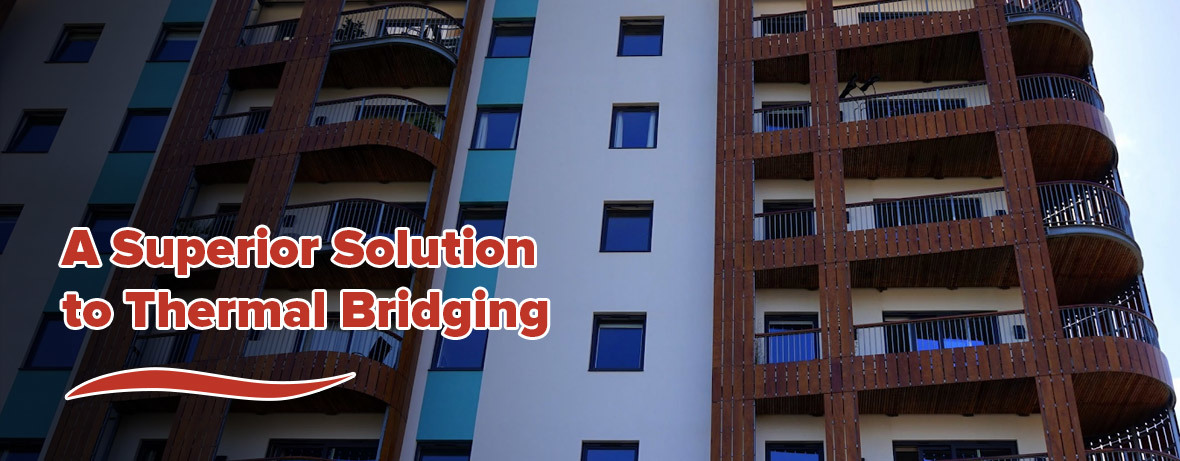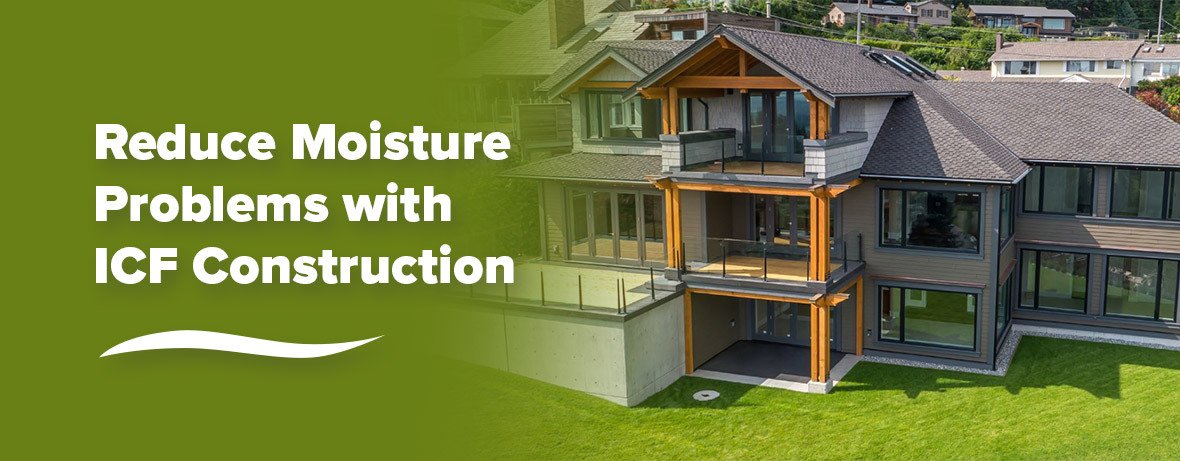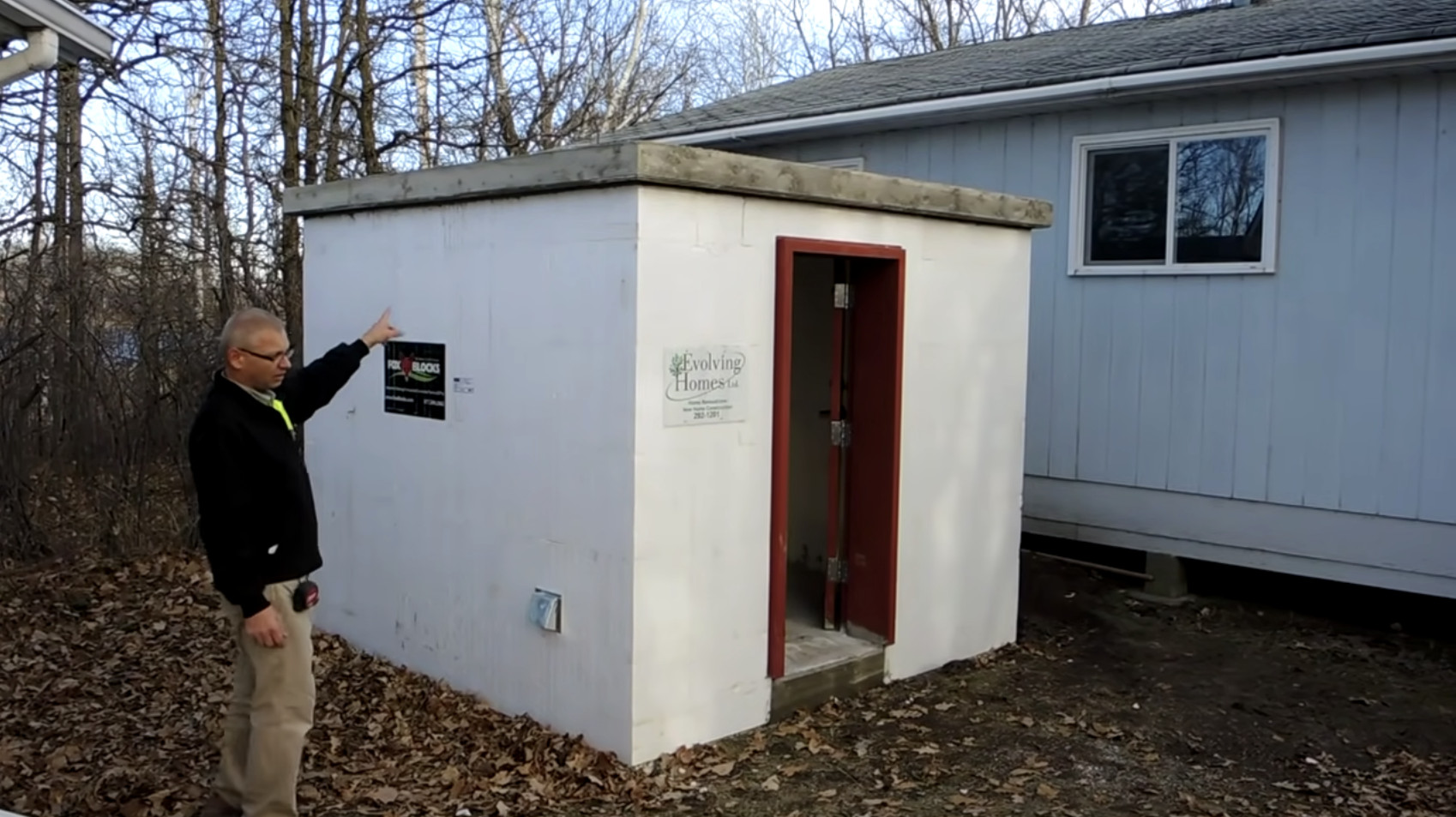
Exterior Wall Thickness: How Thick Should Your Walls Be?
The exterior wall thickness of a home significantly impacts the house’s energy efficiency, disaster resistance, and IEQ. Learn how thick exterior walls should be.

How to Design Flood Resistant Basement Walls

5 Common Misconceptions About ICF Construction
ICF construction creates modern structures that are energy-efficient, durable, disaster-resistant, and have good indoor environmental quality (IEQ). ICF construction is also strong, flexible, fast and easy to install. Unfortunately, even with these many benefits, some architects and contractors are reluctant to utilize it due to misconceptions about ICF construction.

What Climates Does ICF Work Best In?

A Superior Solution to Thermal Bridging

How to Build a Flood-Resistant House
In this article, we’ll explore flood proof home construction using innovative materials and techniques, with a focus on insulated concrete forms (ICFs).

ICF Houses Still Standing After Storms

Reaching the Tipping Point — ICF vs. Wood Framing

Reduce Moisture Problems with ICF Construction
You can avoid stud-framing moisture problems by choosing a moisture-resistant insulated concrete form (ICF) foundation for your new home.

Understanding ICC 500 Storm Shelter Requirements and the Best Materials to Utilize